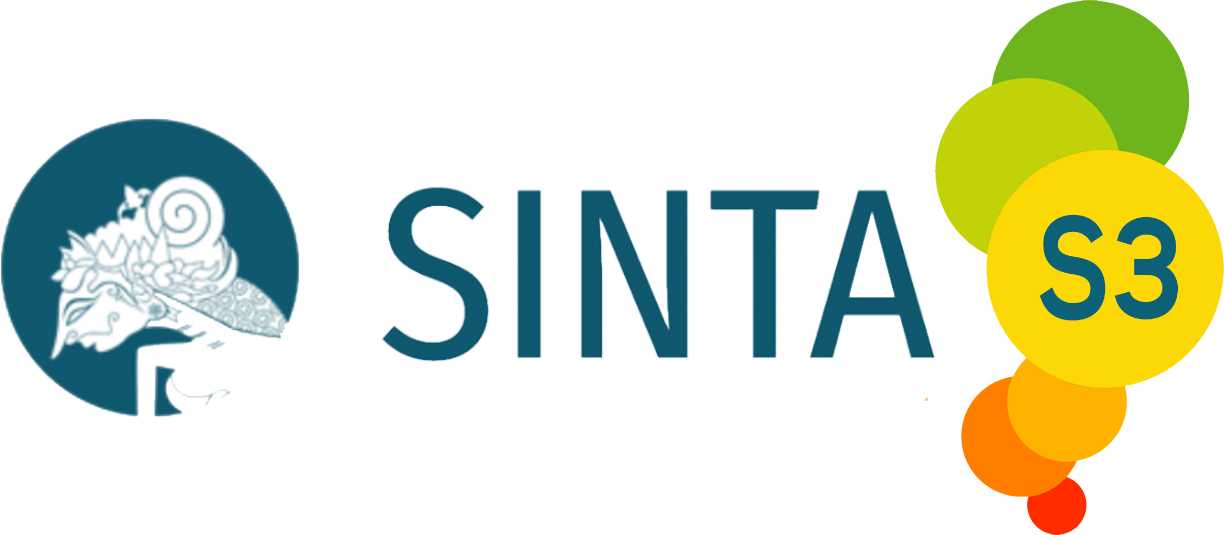Conceptual Analysis of Food Safety Based on Ethical and Legal Perspectives in the Qur'an and Hadith
DOI:
https://doi.org/10.12928/taqaddumi.v4i2.12484Keywords:
Halal, Tayyib, Food Safety, Qur'an, HadithAbstract
This study explores the relevance of the halal and tayyib principles in the Qur'an and Hadith to modern food safety issues. A qualitative approach with a descriptive-analytical design was employed to analyze Qur'anic texts, Hadiths, and relevant secondary literature. Data were collected through document analysis and analyzed using deductive-inductive methods to identify the relationship between Islamic teachings and contemporary food safety practices. The findings reveal that the principles of halal and tayyib encompass legality, quality, cleanliness, and food safety dimensions. Verses such as Surah Al-Baqarah (2:172) and Surah Al-Maidah (5:88) emphasize the importance of consuming food that is halalan thayyiban. The Hadiths on cleanliness and covering food containers align with modern food safety practices, such as contamination prevention. Additionally, literature indicates that consumers associate the halal label with high-quality and safe food standards. This study concludes that Islamic principles like halalan thayyiban can serve as theoretical and practical guidelines to address current food safety challenges. The research contributes to Islamic knowledge by offering a framework to integrate religious values into modern food safety systems. The findings open opportunities for future research, including field studies, cross-cultural collaboration, and the application of technology in halal certification.
References
Acosta, Carlos E H. “The Principle of Innocence in the Administration of Indigenous Justice in Ecuador.” Sapienza International Journal of Interdisciplinary Studies 5, no. 2 (2024): e24030. https://doi.org/10.51798/sijis.v5i2.757.
Aisya, Sitti, and Syaifullah M Syam. “Indonesia Rural Muslim Consumption Pattern From Islamic Economic Perspective.” Journal of Economics Management and Trade, 2021, 32–40. https://doi.org/10.9734/jemt/2021/v27i1230381.
Alam, Azhar. “Analysis of Consumption Behaviour of Millennial Housewives: A Case Study in Pacitan Based on Al-Ghazali’s Consumption Theory.” Jurnal Al-Qardh 8, no. 2 (2023): 89–109. https://doi.org/10.23971/jaq.v8i2.6126.
Amer, Mahmoud. “Halal Standards’ Implementation in Palestinian Food Sector: Its Drivers and Impact on Performance.” Arab Gulf Journal of Scientific Research 42, no. 1 (2023): 2–29. https://doi.org/10.1108/agjsr-09-2022-0168.
Baxter, Luke. “Identifying Characteristics That Enable Resilient Immunisation Programmes: A Scoping Review.” BMJ Open 14, no. 5 (2024): e072794. https://doi.org/10.1136/bmjopen-2023-072794.
Berkeley, Bennie. “Exploring Structured Thematic Inquiry in Social Research.” Oalib 01, no. 06 (2014): 1–7. https://doi.org/10.4236/oalib.1100889.
Clarke, Ian, Winston Kwon, and Ruth Wodak. “A Context‐sensitive Approach to Analysing Talk in Strategy Meetings.” British Journal of Management 23, no. 4 (2011): 455–73. https://doi.org/10.1111/j.1467-8551.2011.00759.x.
Elseidi, Reham I. “Determinants of Halal Purchasing Intentions: Evidences From UK.” Journal of Islamic Marketing 9, no. 1 (2018): 167–90. https://doi.org/10.1108/jima-02-2016-0013.
Hidayatullah, Rizky, Faisal Rahman, Choirudin Choirudin, Andika A Saputra, and Dian R Amalia. “Development of TOEFL Apps (El-Lab) During Pandemic Era in the Language Laboratory of Ma’arif Islamic Institute (IAIM) NU Metro -Lampung.” Foster Journal of English Language Teaching 2, no. 1 (2021): 25–38. https://doi.org/10.24256/foster-jelt.v2i1.18.
Kim, Hyejin, Justine S Sefcik, and Christine Bradway. “Characteristics of Qualitative Descriptive Studies: A Systematic Review.” Research in Nursing & Health 40, no. 1 (2016): 23–42. https://doi.org/10.1002/nur.21768.
Mokti, Hawwa A, Nor’azzah B Kamri, and Mohd Abd Wahab Fatoni Mohd Balwi. “Tayyiban in Halal Food Production: A Systematic Literature Review.” Journal of Islamic Marketing 15, no. 2 (2023): 397–417. https://doi.org/10.1108/jima-03-2022-0098.
Puspita, Amelia T. “Halal Food Shopping Behavior of Millennials: Evidence in Indonesia.” Imr 2, no. 2 (2024). https://doi.org/10.58968/imr.v2i2.347.
Supian, Kamisah, and Norhidayah M Rashid. “The Role of Supplier, Top Management and Government in Halal Practices Integrity of Malaysian Food Business.” International Journal of Asian Social Science 8, no. 8 (2018): 549–59. https://doi.org/10.18488/journal.1.2018.88.549.559.
Susilowati, Indah, Edy E Riyanto, Mayanggita Kirana, Izza Mafruhah, and Alias Radam. “The Economic and Sharia Value of Moslem’s Awareness for Halal Food in Indonesia.” Jurnal Ekonomi Pembangunan Kajian Masalah Ekonomi Dan Pembangunan 19, no. 1 (2018): 102. https://doi.org/10.23917/jep.v19i1.5859.
Triansyah, Fadli A. “Focus Research on Halal Food Marketing.” Journal of Management and Islamic Finance 3, no. 1 (2023): 121–31. https://doi.org/10.22515/jmif.v3i1.6634.
Downloads
Published
Issue
Section
License
Copyright (c) 2024 Kharis Nugroho, Zaduna Fiddarain, Muhammad Hilmie, Miftah Khilmi Hidayatulloh

This work is licensed under a Creative Commons Attribution-ShareAlike 4.0 International License.
License and Copyright Agreement
In submitting the manuscript to the journal, the authors certify that:
- They are authorized by their co-authors to enter into these arrangements.
- The work described has not been formally published before, except in the form of an abstract or as part of a published lecture, review, thesis, or overlay journal. Please also carefully read the Taqaddumi Author Guidelines at http://journal2.uad.ac.id/index.php/taqaddumi/about/submissions#onlineSubmissions
- That it is not under consideration for publication elsewhere,
- That its publication has been approved by all the author(s) and by the responsible authorities – tacitly or explicitly – of the institutes where the work has been carried out.
- They secure the right to reproduce any material that has already been published or copyrighted elsewhere.
- They agree to the following license and copyright agreement.
Copyright
Authors who publish with the Taqaddumi Journal agree to the following terms:
- Authors retain copyright and grant the journal right of first publication with the work simultaneously licensed under a Creative Commons Attribution License (CC BY-SA 4.0) that allows others to share the work with an acknowledgment of the work's authorship and initial publication in this journal.
- Authors are able to enter into separate, additional contractual arrangements for the non-exclusive distribution of the journal's published version of the work (e.g., post it to an institutional repository or publish it in a book), with an acknowledgment of its initial publication in this journal.
- Authors are permitted and encouraged to post their work online (e.g., in institutional repositories or on their website) prior to and during the submission process, as it can lead to productive exchanges, as well as earlier and greater citation of published work.








